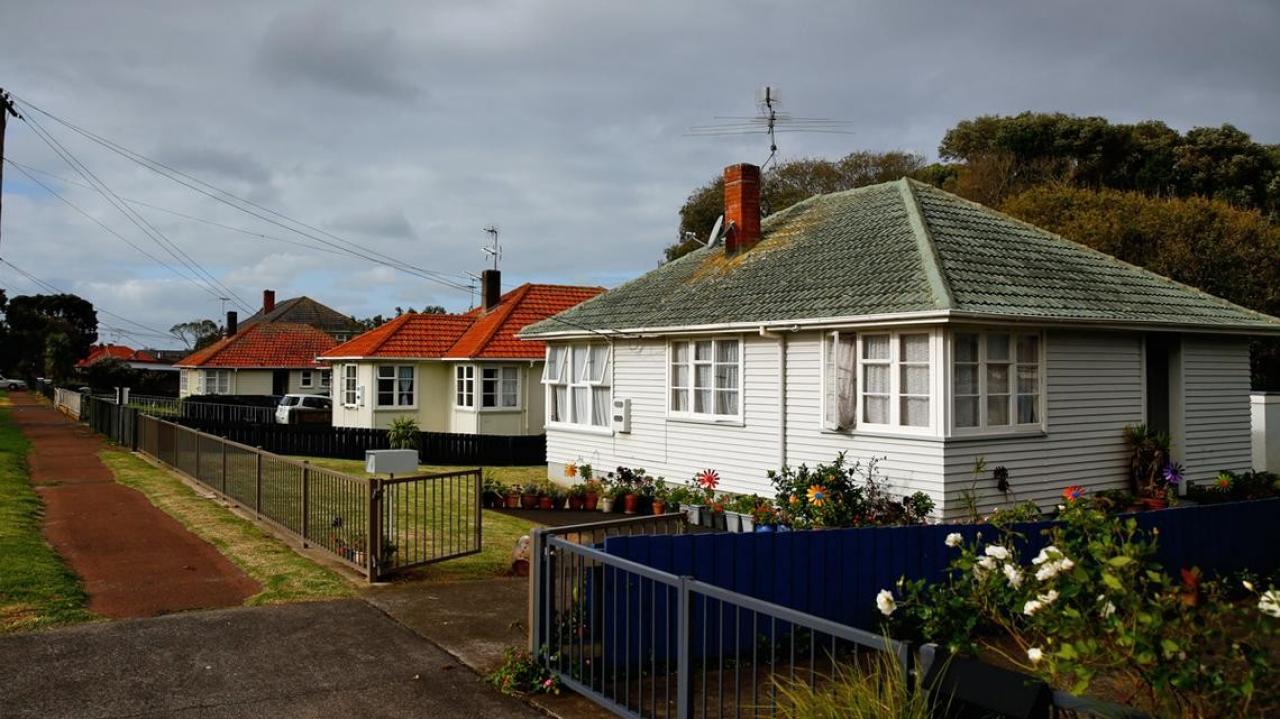I can’t help feeling that the economic tsunami (to misquote Chris Hipkins) is swirling around below the surface just waiting to erupt sometime soon, but it just hasn’t quite got there yet. Whether or not it will finally show itself before the election is anyone’s guess. That is one of the reasons why I am glad the election has been postponed; we need as many people as possible to understand what exactly this government has done to the country and what it will cost us all eventually. But day after day, we are obsessed with the health situation only, and no one seems to be very interested in the economic tidal wave that is about to drag us all under.
But don’t say you haven’t been warned.
To help households cope with the economic impacts of Covid-19, the Reserve Bank and the big retail banks agreed on a mortgage deferral scheme to allow struggling households to make lower payments on their home loans, or postpone making payments at all.
Borrowers making repayments on around 83,500 home loans have now used the mortgage deferral scheme. It has been extended and will now run until March 31, Finance Minister Grant Robertson confirmed on Monday.
But Reserve Bank data shows there were 10,905 mortgages in arrears as of August 7, which were not covered by the home loan deferral scheme, and the actual number may be even higher. Credit reporting bureau Centrix said its data showed 13,500 mortgages flagged for missed payments.
Sure, even in good times, there are always people who are in arrears with their mortgages, but let’s look at the numbers here. According to the article quoted above, approximately 97,000 households are in mortgage arrears, of which 83,500 are part of the mortgage deferral scheme. These people are still behind with their mortgage payments, but for the moment, the banks are allowing it. This cushions the effect, of course, and the scheme will continue until next March, by which time many households will have added literally years to their mortgage terms. And let’s face it, that is the best possible outcome for these people. Many will have their loans called in and will end up in mortgagee sales.
Those who are in default and are not part of the bank deferral scheme will probably end up in mortgagee sales much sooner.
“There’s a staggering amount of people missing payments on a weekly basis on their mortgage,” said Kevin McHugh, publisher for the Finder financial services comparison website in New Zealand.
“The mortgage market is showing just how much financial stress New Zealanders are in. It’s a grim situation,” he said.
He urged people in mortgage arrears to speak with their banks.
“Banks have supported mortgage borrowers with options to switch to interest-only terms or defer payments for up to six months, but some borrowers are still sticking their head in the sand,” McHugh said.
“With late fees tacked on, those households may be more likely to miss their next repayment, perpetuating a vicious cycle.”
My numbers are approximate, (all from the Department of Statistics and some are a couple of years old) but here is what I think this looks like.
1.77 million total households in NZ
1.1 million are owner occupied (62%)
Of those, 330,000 are mortgaged (30%)
Of those, 97,000 are in the deferral scheme or in default (29%)
If the average mortgage is $224,752, then that represents $21.8 billion of mortgage lending in default. No wonder the banks are not paying dividends at the moment, and their share prices have dropped through the floor.
Not all of this debt will turn bad, of course, but some will. Time will tell how bad this situation becomes, but it looks like a ticking time bomb in the banking sector to me, particularly as we have the lowest interest rates on record. If you can’t pay your mortgage at the moment, you probably never will.
By introducing the mortgage deferral scheme and the wage subsidies (the third tranche of which is about to start), all the government has done is to kick the can down the road. Once we have come through the health crisis, a vaccine has been developed, we are all safe and we can play with our unicorns, we are going to run into a hell of a lot of big issues that have simply been postponed until the never-never.
I just hope this doesn’t do any real damage to the banking sector. A robust banking sector is what saved us in the GFC. Banks are very good at looking after themselves, but remember that the government forced them into this. We may all regret that sooner rather than later.
If you enjoyed this BFD article please consider sharing it with your friends.

